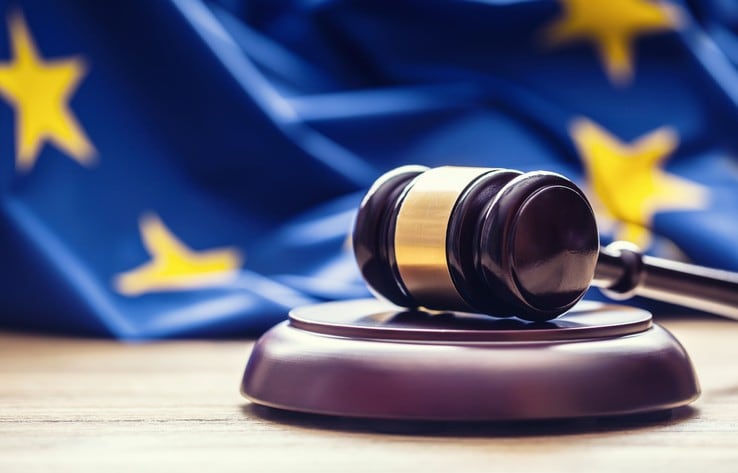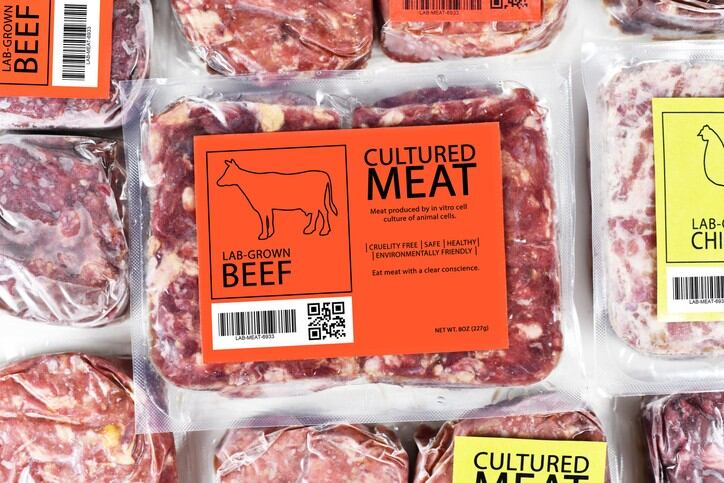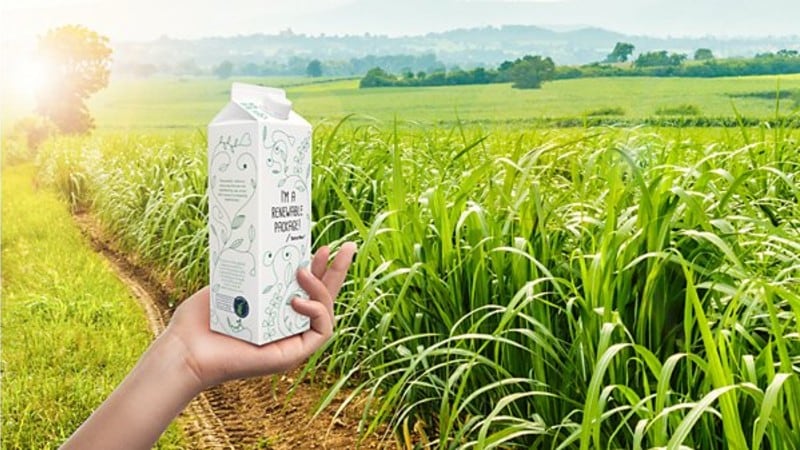In a conversation with FoodNavigator-Asia after a recent EU webinar on key exports, EU Ambassador to Singapore Barbara Plinkert told us that the EU considers Singapore to be a key market in Asia in its latest ‘More than Food’ campaign which aims to promote EU agri-food products worldwide.
“Singapore is a key market in the region and a natural fit for the ‘More than Food’ campaign, [which focuses on highlighting how] EU agri-food products can be distinguished by their quality, food safety standards, authenticity and sustainability,” said Ambassador Plinkert.
“As it is, the EU and Singapore already have [a good trade relationship in the form of the] EU-Singapore Free Trade Agreement (EUSFTA) – the agreement addresses a wide range of areas related to the F&B sector [such as] elimination of technical barriers to trade, customs cooperation, trade facilitation, and protection of intellectual property rights, such as Geographical Indications (GIs).
“Importantly, the EUSFTA also gives assurances to Singaporean importers that tariffs will remain at zero for import of agri-food products from the EU.”
The EU also views Singapore’s open market for dairy as a very key factor driving the ongoing healthy trade relationship, with almost all EU member states exporting dairy products to Singapore.
“Besides the absence of tariffs or quotas, Singapore is an open market and does not require prior authorisation for the import of dairy products, which can involve lengthy approval procedures, inspections and negotiation of import requirements,” said Ambassador Plinkert.
“Singapore only requires prior approval for import of meat and meat products as well as fresh and processed eggs.”
EU dairy exports to Singapore hit EUR180mn in 2020, even amidst the COVID-19 pandemic outbreak.
In addition, it is no secret that since COVID-19 hit Singapore has been on the lookout for ways to diversify its food supply so as to reduce reliance on conventional food sources, after the hit the pandemic dealt to global supply chains, and the EU sees this as a key opportunity to take food trade relations even further.
“Singapore is keen on diversifying its agri-food trading partners and has engaged with a number of EU countries to source new products - For instance, in 2020, we witnessed the first shipment of fresh eggs from Poland to Singapore,” said Ambassador Plinkert.
“[Although] the outlook of F&B trade will mainly depend on the evolution of the pandemic, [Singaporean] consumers are increasingly aware of quality and authenticity, including the recognition of geographical indications, so demand for European agri-food products can only increase.”
Future growth
In addition to getting more EU products into Singapore, she also urged local Singaporean food manufacturers and producers to consider the EU more closely as a major export partner.
“In the reverse direction, we also hope to see more agri-food exports from Singapore to the EU,” said Ambassador Plinkert.
“As part of the EUSFTA, Singapore also benefits from an annual quota to export ‘Asian cuisine products’ to the EU under flexible rules of origin – an export opportunity which so far remains untapped.
“The EUSFTA is a legal text that gives a predictable and transparent framework to build trade and investment relations. Businesses, especially SMEs, now need to tap into the benefits of the agreement to increase trade.”
Geographical Indications
Also of note is the fact that although Singapore enacted its enhanced GI legislation in 2019, allowing for the registration of GIs through the creation of a domestic GI registry system, till date 140 EU GIs have been registered in Singapore but not a single local one.
“To date, Singapore has no local GIs. In order for a GI to be registered in the EU, it first needs to be registered domestically. We would, of course, be supportive to see the registration of a Singaporean GI in the EU, should one be registered in Singapore,” said Ambassador Plinkert when asked about this phemenonon.
As for what the value of the GI system is to Singapore given that no local products are being protected or benefitting, she said that the importance here was to ensure authenticity and prevent fraud.
“The protection of GIs in Singapore will prevent consumers from being misled by product imitations on the market,” she said.
“By protecting GIs, consumers and business operators can trust and distinguish authentic quality products, originating in the country or region that is link




